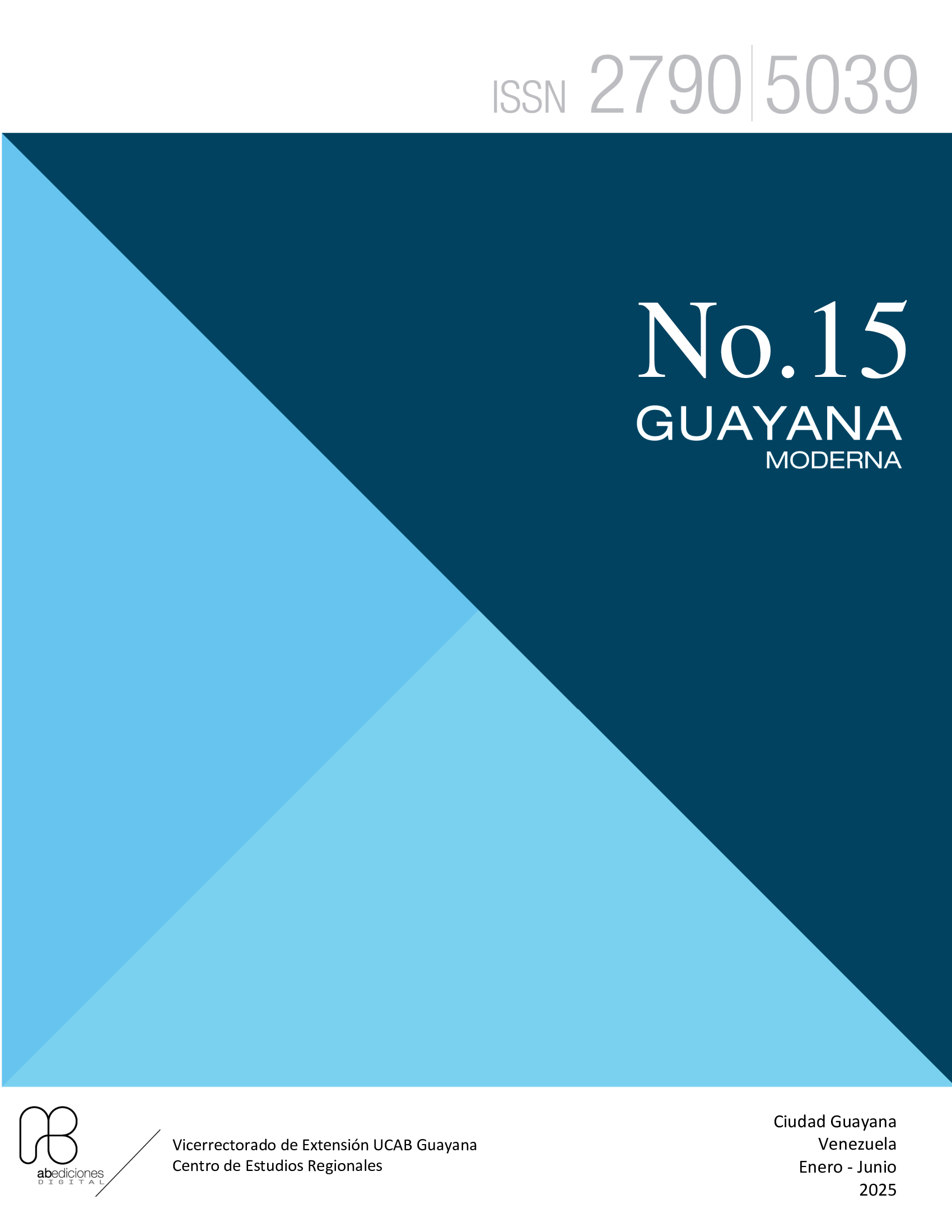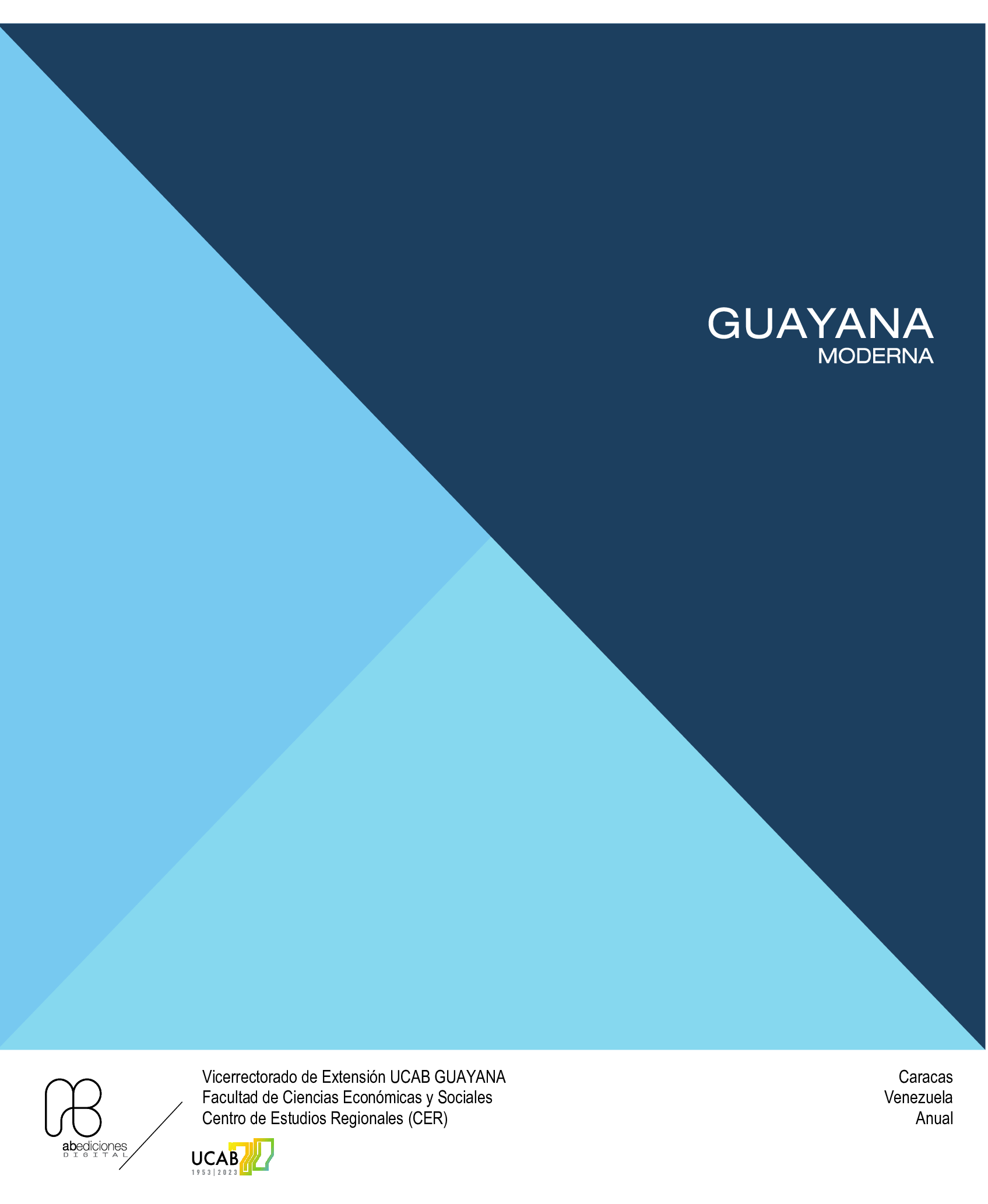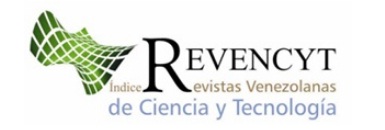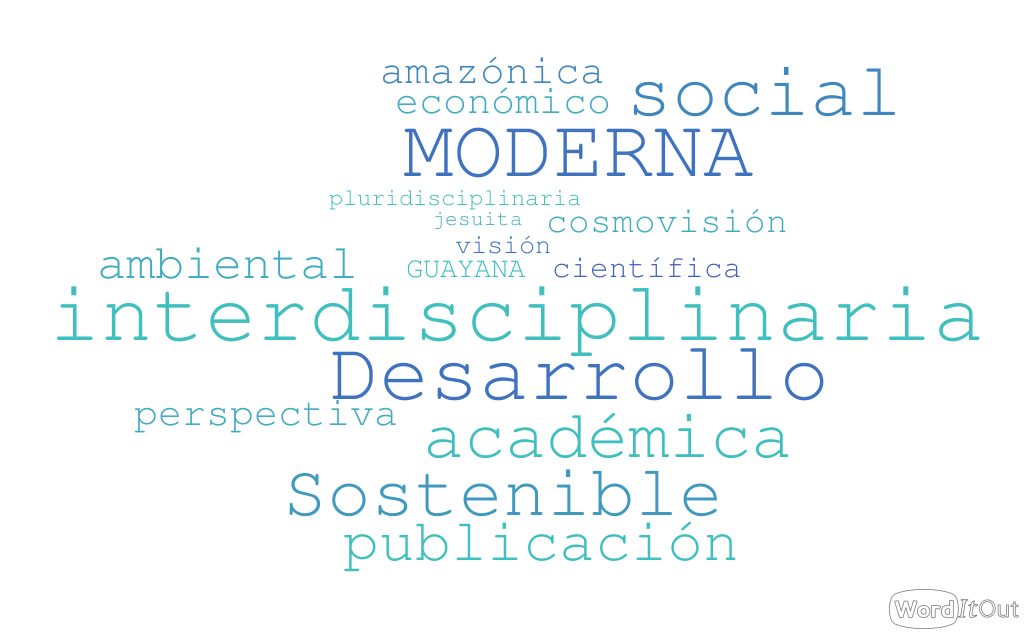Importancia de las Escuelas Normales Rurales en México. Reflexiones desde una Normal Rural en Oaxaca
DOI:
https://doi.org/10.1234/gm.v14i15.7104Palabras clave:
Normalismo, rural, cultura, escolarResumen
El artículo tiene como objetivo mostrar la importancia actual de las Escuelas Normales Rurales en México,
desde el análisis de algunos elementos de la cultura escolar en la Escuela Normal Rural Vanguardia, ubicada
en el estado de Oaxaca (México) y constituida como internado femenil. Metodológicamente la
investigación se basa en el enfoque etnográfico en contextos educativos y se sustenta en un trabajo de
campo dentro de la Normal y el contexto comunitario donde se ubica la escuela, durante el ciclo escolar
2018-2019, así como en la realización de entrevistas a varias alumnas, egresadas y docentes de la
institución. Teóricamente el concepto central para el análisis es el de cultura escolar (Rockwell, 1997; 2010;
Viñao, 2002) y se fija la atención en tan solo tres aspectos de la misma: a) la cultura material del internado,
b) las prácticas agropecuarias y c) las prácticas docentes. Entre los hallazgos más importantes se encuentra
que las Escuelas Normales Rurales, además de ser una posibilidad de escolarización para amplios sectores
sociales, se constituyen como espacios pedagógicos en la vida cotidiana dentro del internado, sitios de
configuración subjetiva y de construcción de colectividad, con un tipo particular de sujeta política y
pedagógica con compromiso educativo y de justicia social. Estos elementos permiten sostener la relevancia
y pertinencia de estas instituciones escolares a más de cien años de su fundación.








